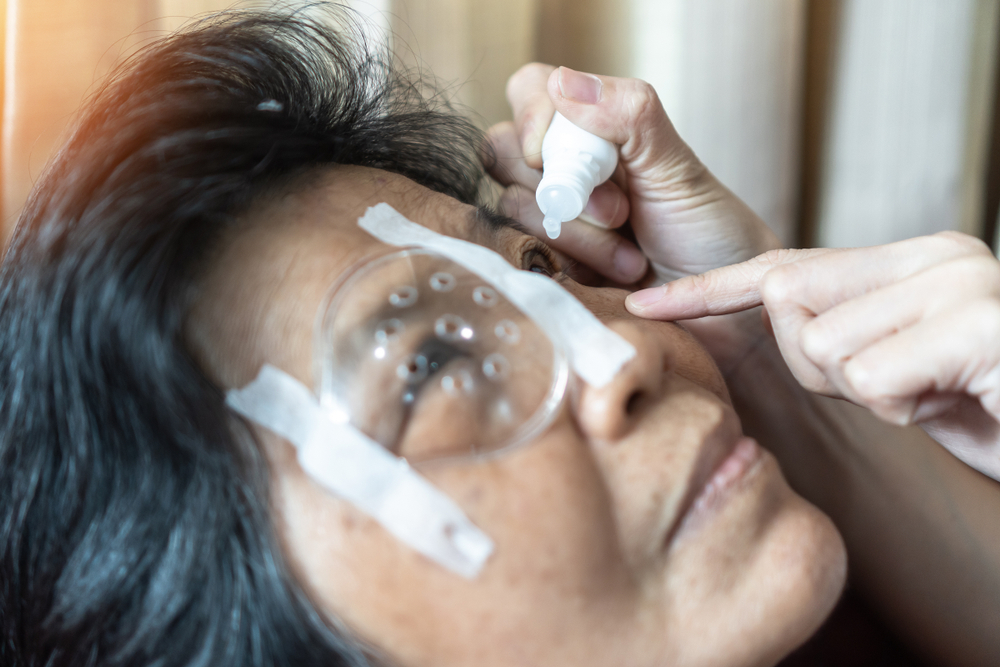Dizziness Treatment for Seniors and Older Adults
Dizziness is a common symptom that can range from a brief lightheaded spell to persistent vertigo that disrupts daily life. Understanding causes, when to seek help, and effective treatment options is especially important for seniors, who face higher risk from falls and medication interactions. This article outlines practical, evidence-based approaches to managing dizziness and related fatigue in older adults. This article is for informational purposes only and should not be considered medical advice. Please consult a qualified healthcare professional for personalized guidance and treatment.

What causes dizziness?
Dizziness can arise from many systems: the inner ear (vestibular system), cardiovascular changes, neurological conditions, metabolic issues like low blood sugar, or medication side effects. In older adults, age-related degeneration of balance sensors and reduced cardiovascular reflexes make dizziness more likely. Dehydration, anemia, and infections can also trigger episodes. Identifying the underlying cause usually requires a careful history, physical exam, and sometimes tests like hearing/vestibular assessments, blood work, or heart monitoring to rule out dangerous conditions such as arrhythmias or stroke.
Short-term management often focuses on safety: sitting or lying down during an episode, avoiding driving, and removing fall hazards at home. Clinicians will assess symptom pattern (spinning vs. lightheadedness), triggers (position changes vs. exertion), and associated signs such as hearing loss, fainting, or severe headache to guide further evaluation.
How is fatigue linked to dizziness?
Fatigue frequently co-occurs with dizziness and can both cause and result from balance problems. Chronic fatigue reduces physical resilience and concentration, making it harder for older adults to compensate for sensory changes. Conversely, recurrent dizzy spells can be exhausting and anxiety-provoking, producing a cycle of inactivity and deconditioning that worsens both fatigue and balance.
Addressing fatigue often means looking for reversible contributors: poor sleep, untreated pain, depression, thyroid dysfunction, anemia, or overlap with cardiovascular or pulmonary disease. A graded exercise program, nutrition improvements, and sleep hygiene can boost energy levels. In many cases, treating the primary cause of dizziness also reduces fatigue, but clinicians should evaluate both symptoms together to optimize recovery.
Dizziness treatment for seniors
Treatment plans for seniors are individualized and may include vestibular rehabilitation therapy (VRT), balance training, physical therapy, and home-safety modifications. VRT uses targeted exercises to retrain the brain to tolerate motion and reduce vertigo. For positional vertigo caused by displaced inner-ear crystals (benign paroxysmal positional vertigo, or BPPV), canalith repositioning maneuvers such as the Epley maneuver often provide rapid relief.
Cardiovascular causes might require medication adjustments, pacemaker evaluation, or hydration strategies to manage orthostatic hypotension. For multi-factorial cases common in seniors, a multidisciplinary approach—combining primary care, ENT, physical therapy, and sometimes cardiology or neurology—yields the best outcomes. Discussing options with local services specializing in geriatric care can help design an appropriate plan.
Managing dizziness in older adults
Practical steps to manage dizziness at home include rising slowly from sitting or lying positions, using assistive devices if balance is impaired, improving lighting and removing tripping hazards, and wearing sensible footwear. Balance and strength exercises, even simple daily routines, reduce fall risk and build confidence. Occupational therapists can recommend home adaptations and safe movement strategies tailored to each person’s needs.
Monitoring is essential: keep a symptom diary noting triggers, time of day, relation to meals or medications, and any recent falls. This record can help clinicians identify patterns and adjust treatments. Referral to local services for balance classes or community-based fall-prevention programs may be particularly beneficial for older adults seeking structured support.
Medication and dizziness: what to know
Medication is a common contributor to dizziness, especially in seniors taking multiple prescriptions. Blood pressure drugs, sedatives, antidepressants, anticholinergics, and some pain medications can cause lightheadedness, orthostatic hypotension, or impaired balance. Regular medication reviews—sometimes called deprescribing—help identify drugs that can be reduced, switched, or timed differently to minimize dizziness and fatigue.
Never stop or change medications without consulting a healthcare professional. Clinicians will weigh the risks and benefits, considering underlying conditions that require treatment. In some cases, short-term use of vestibular suppressants (e.g., meclizine) may relieve acute vertigo, but these are generally not recommended long-term because they may impede vestibular rehabilitation. Clear communication with prescribers and pharmacists is key to safer medication management in older adults.
Conclusion
Dizziness in seniors and older adults is multifactorial but often manageable with a systematic approach: identify underlying causes, review medications, employ targeted therapies like vestibular rehabilitation, and use practical safety measures to reduce falls and fatigue. Collaboration between patients, caregivers, and local services—along with regular reassessment—helps tailor treatment to individual needs and preserve independence.






